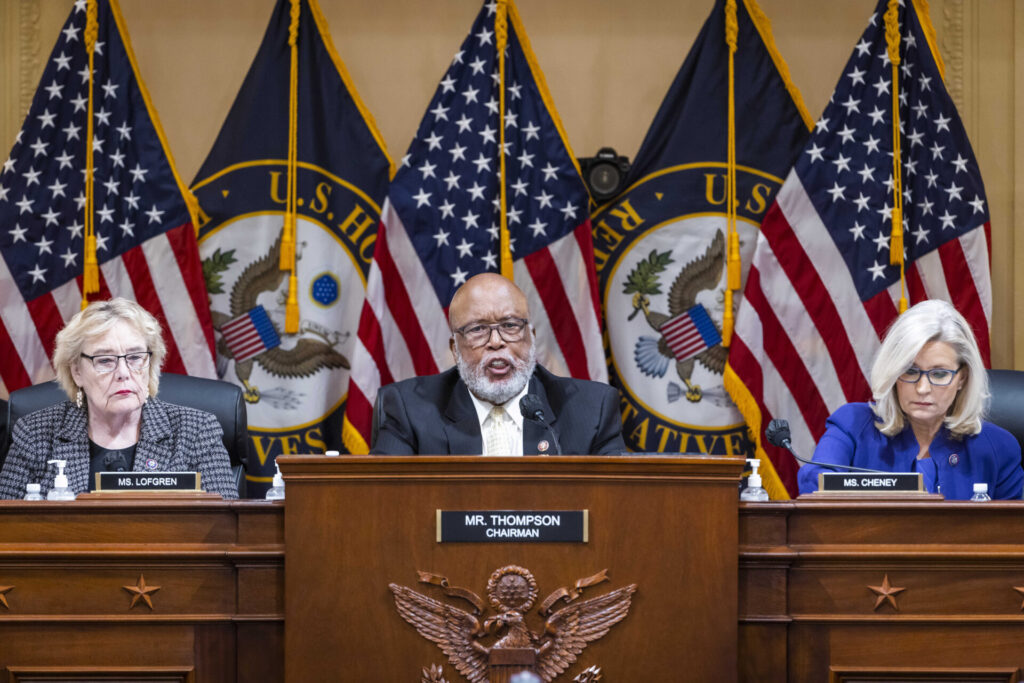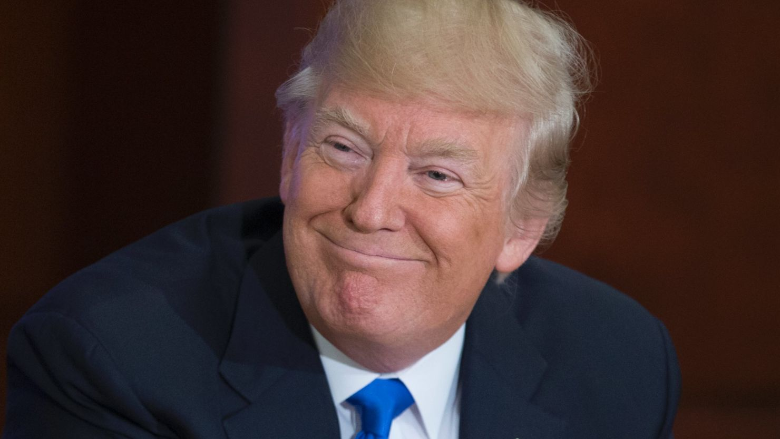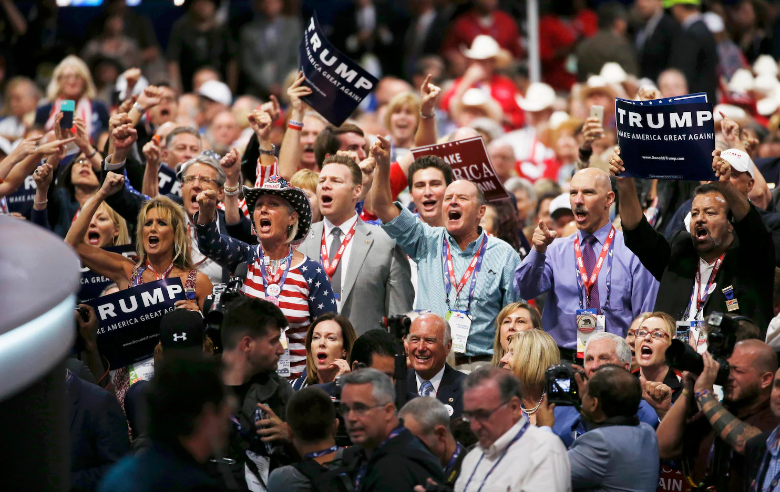In an interview with Meet the Press moderator Kristen Welker, President-elect Donald Trump outlined a bold and controversial agenda, pledging to pardon many January 6 defendants on his first day in office. Trump also lashed out at the now-defunct January 6 Select Committee, accusing its members of corruption and calling for accountability, including potential jail time for key figures.
Trump declared his intention to act swiftly upon assuming office, focusing on what he described as an urgent need to address the treatment of January 6 defendants.
“I’m going to be acting very quickly. First day,” Trump stated, emphasizing the plight of those who have been incarcerated. “They’ve been in there for years, and they’re in a filthy, disgusting place that shouldn’t even be allowed to be open.”
President Trump says he will be “acting very quickly” on pardons for some J6 defendants: “We’re going to look at individual cases … They’ve been in there for years!” pic.twitter.com/XeLbemtYXO
— Trump War Room (@TrumpWarRoom) December 8, 2024
According to Trump, many defendants were coerced into plea deals under an unjust legal system. “They had no choice,” he argued. “The system’s a very corrupt system. They say to a guy, ‘You’re going to go to jail for two years or for 30 years.’ And these guys are looking, their whole lives have been destroyed.”
While Trump expressed sympathy for most defendants, he clarified that pardons would not extend to individuals deemed “radical” or “crazy.”
Trump didn’t stop at advocating for pardons. He leveled serious accusations against the January 6 Select Committee, chaired by Rep. Bennie Thompson (D-MS), which investigated the events of the Capitol riot.
“They lied and destroyed a whole year and a half worth of testimony,” Trump said, claiming the committee manipulated evidence and suppressed key documents. He cited revelations from Rep. Barry Loudermilk (R-GA) that substantial amounts of committee data—estimated at 1.5 to 2 terabytes—were not preserved. A digital forensics team also found that over 100 encrypted files were deleted shortly before Republicans regained control of the House in 2023.
Trump accused the committee of advancing false narratives, including a discredited claim that a Republican lawmaker had conducted a “reconnaissance tour” before January 6. He also highlighted instances where text message evidence was allegedly altered.
“Those people committed a major crime,” Trump said, singling out prominent figures such as Thompson and former committee vice chair Rep. Liz Cheney (R-WY). While he argued they “should go to jail,” Trump stated he would not direct his Attorney General nominee, Pam Bondi, to pursue specific cases.
President Trump says that Liz Cheney, Benny Thompson and everybody that was on the J6 Committee should go to jail 👀
“For what they did, honestly, they should go to jail.”
I can smell the panic from here and it’s amazing. pic.twitter.com/dtAQN2tjDn
— TheStormHasArrived (@TheStormRedux) December 8, 2024
Trump’s remarks came amid heightened controversy over President Joe Biden’s decision to pardon his son, Hunter Biden. Trump seized on the issue, framing it as a double standard.
“Does the pardon given by Joe to Hunter include the J-6 hostages, who have now been imprisoned for years? Such an abuse and miscarriage of justice!” Trump wrote on social media.
The comparison underscores Trump’s broader critique of the Department of Justice, which he has accused of being weaponized against his supporters.
Trump’s plans for immediate action on January 6 pardons reflect his commitment to addressing what he sees as systemic corruption and political bias within the justice system. His promises have reinvigorated his base, particularly those who view the Capitol riot prosecutions as overreach.
Yet, the pledge also faces strong opposition. Critics argue that blanket pardons could undermine accountability for the violence and chaos of January 6, while others see his accusations against the January 6 Committee as an attempt to shift blame.
As Trump prepares to take office, his statements signal a willingness to reignite contentious political debates surrounding January 6, the role of the Department of Justice, and the boundaries of executive power. For Trump, the actions he takes on day one will not only define his presidency but also reshape the narrative surrounding one of the most polarizing events in recent American history.


